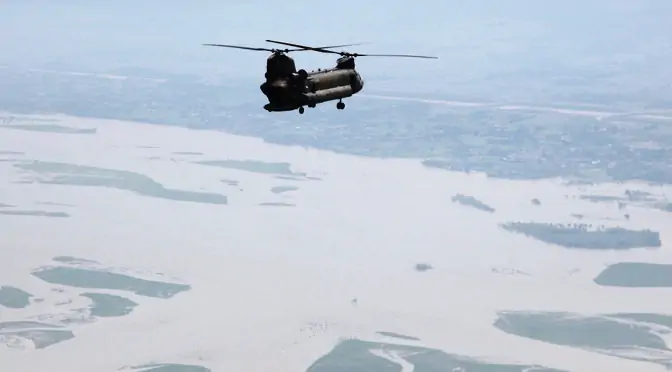This (long) post ends the current series of updates on the Syrian war. It focuses on the evolution within the National Coalition and the Supreme Military Council, the expected failure of Geneva 2 and the start of a new phase in the Syrian war. This will allow us, next, to finally turn to an evaluation of our scenarios and indicators.The National Coalition and the Supreme Military CouncilThe last alliance to emerge over the Autumn has been Syria Revolutionaries Front (SRF), created on 9 December 2013 (see Youtube video), which is composed of moderate or non-ideologically motivated groups, as detailed by Lund (13 Dec 2013) and mapped below (click on the image for a larger picture). It is a reaction to the Salafi-Nationalist re-organization as …
Continue reading “The Syrian War: the Start of a New Phase”










